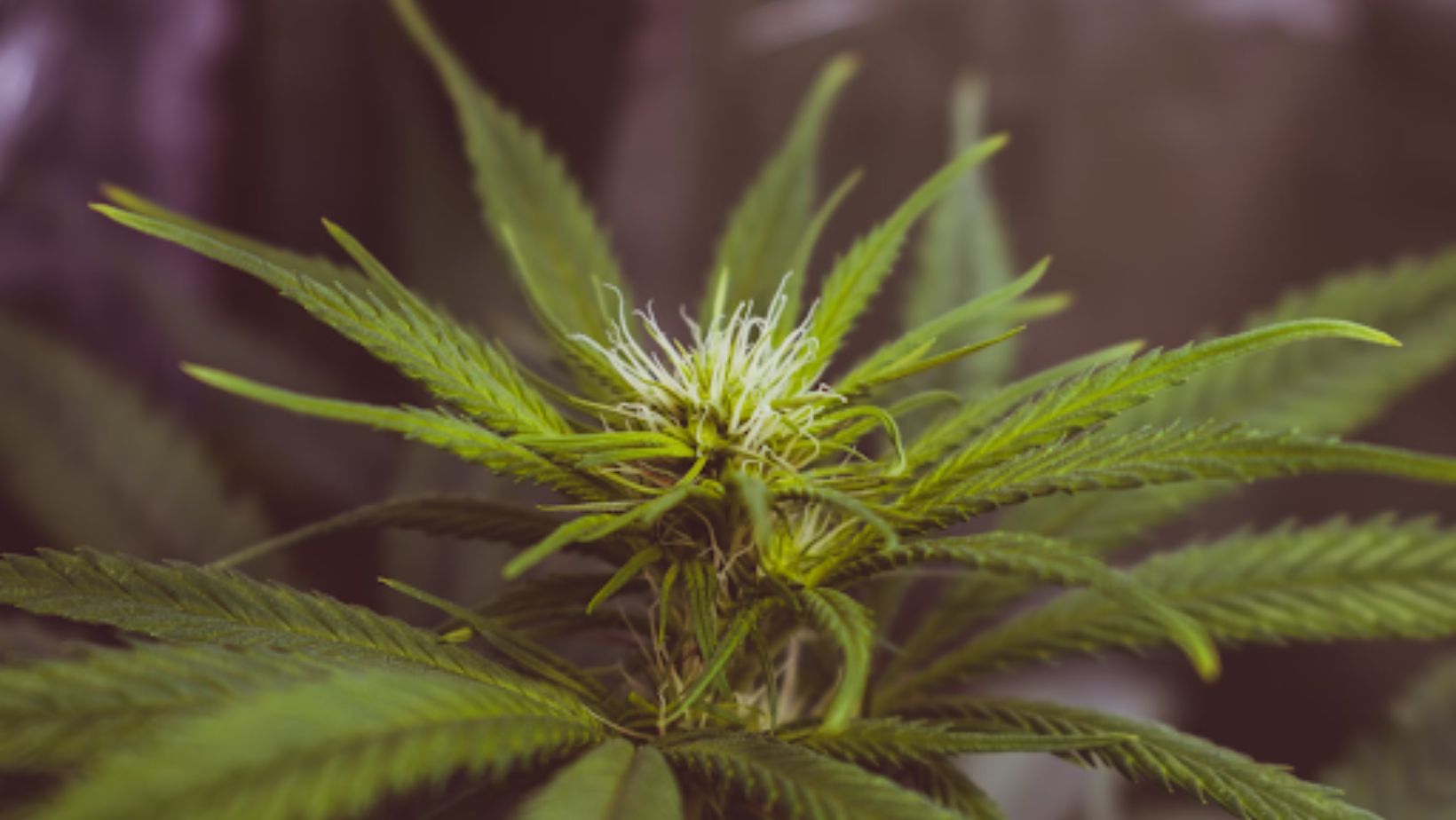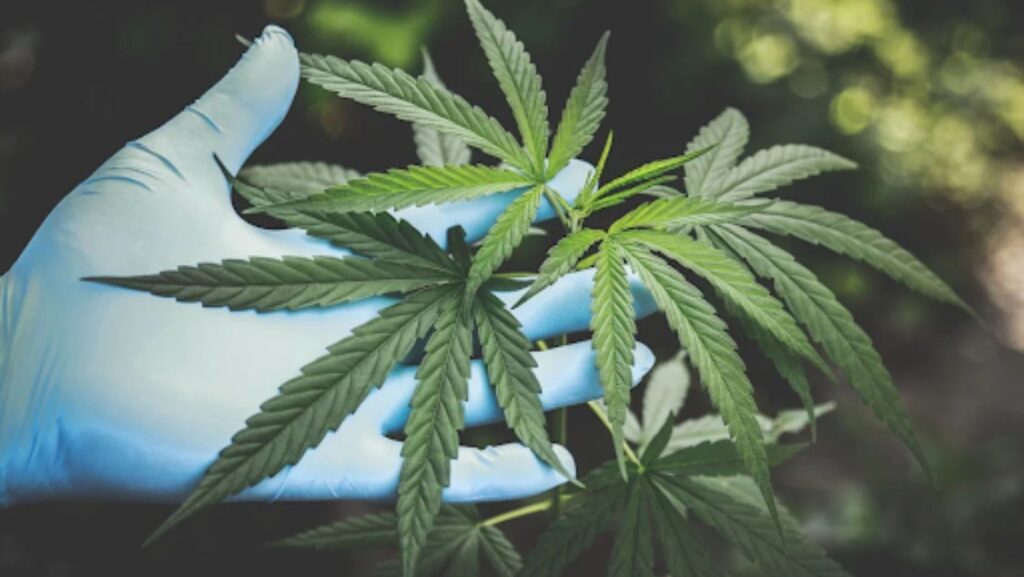Cannabis has gained widespread attention for its potential to help with relaxation and stress relief. But what’s the science behind it? The compounds in cannabis, particularly cannabinoids like THC and CBD, interact with your body’s endocannabinoid system to influence mood, stress levels, and overall well-being. Here’s a deeper dive into how cannabis works and why it’s becoming a go-to option for unwinding.
The Impact of Terpenes on Relaxation
Terpenes, the aromatic compounds found in cannabis, also play a significant role in how cannabis affects your relaxation. These compounds are responsible for the distinct smells of different cannabis strains and can have a variety of therapeutic effects. For terpene relaxation, the Tropical Cherry strain profile can offer a soothing blend of fruity aromas and calming effects, helping to ease stress and promote relaxation. For example, limonene, found in some cannabis strains, has mood-boosting and anxiety-relieving properties, while myrcene, another common terpene, is known for its sedative effects that can help you wind down.
For terpene relaxation, the Tropical Cherry strain profile can offer a soothing blend of fruity aromas and calming effects, helping to ease stress and promote relaxation. For example, limonene, found in some cannabis strains, has mood-boosting and anxiety-relieving properties, while myrcene, another common terpene, is known for its sedative effects that can help you wind down.
The Endocannabinoid System: Your Body’s Stress Regulator
Your body’s endocannabinoid system (ECS) plays a key role in regulating a wide range of functions, including mood, stress response, and relaxation. The ECS consists of receptors found throughout your brain and body, which interact with cannabinoids like THC and CBD. When you consume cannabis, these cannabinoids bind to ECS receptors, influencing how your body handles stress and helping you achieve a calm state.
- ECS and Stress Response: The ECS is deeply involved in how your body responds to stress. When you’re under pressure, your body releases stress hormones like cortisol, which can lead to feelings of anxiety or tension. The ECS helps to regulate this by moderating cortisol levels and promoting a state of relaxation, reducing the intensity of your stress response.
- Maintaining Homeostasis: One of the most important functions of the ECS is maintaining homeostasis, or balance, in your body. This means that it works to keep your body’s internal environment stable, even when external conditions change. By regulating mood, appetite, sleep, and stress, the ECS ensures that your body functions optimally, even in stressful situations.
- Endocannabinoids and Relaxation: Your body produces its cannabinoids, known as endocannabinoids, which naturally interact with the ECS to promote balance. These molecules play a role in regulating mood, anxiety, and sleep. When your body is under stress, the ECS works to release endocannabinoids to counteract the effects of stress, helping to bring you back to a more relaxed and calm state.
THC: The Compound That Eases Tension
Delta-9-tetrahydrocannabinol (THC) is the psychoactive compound in cannabis responsible for the “high” feeling, but it also has relaxation properties. When you consume THC, it binds to cannabinoid receptors in your brain, particularly the CB1 receptors, leading to the release of dopamine. This neurotransmitter helps reduce anxiety and promotes a sense of euphoria, making it easier for you to let go of tension and stress. THC’s effects can vary depending on the strain, but it’s generally known for its ability to induce calm and relaxation.
CBD: The Calming Non-Psychoactive Cannabinoid
Unlike THC, cannabidiol (CBD) doesn’t produce a “high” but still has significant calming effects. CBD interacts with the ECS to promote relaxation without altering your mental state. It’s known to reduce anxiety and can help improve sleep, two key factors in achieving relaxation and unwinding. Research has shown that CBD can lower cortisol levels – the body’s primary stress hormone – helping you feel less stressed and more at ease.
Cannabis and Muscle Relaxation
Cannabis can also help with physical relaxation, particularly in relieving muscle tension. Both THC and CBD have muscle-relaxing properties. THC works by affecting the receptors in the brain and spinal cord, which can help reduce pain and tension. CBD has anti-inflammatory properties that can ease sore muscles, contributing to an overall feeling of physical relaxation. Whether you’ve had a long day at work or an intense workout, cannabis can help your body unwind and recover.
Improving Sleep with Cannabis
A key part of relaxation is quality sleep. If you’re struggling to fall asleep or stay asleep due to stress or anxiety, cannabis can be a helpful tool. THC has been shown to reduce the time it takes to fall asleep and may also increase the amount of deep sleep you get. CBD, on the other hand, may help with sleep disorders by addressing underlying issues like anxiety, pain, or stress that interfere with restful sleep. By improving your sleep patterns, cannabis contributes to your overall sense of well-being and relaxation.
Understanding the science behind cannabis and its effects on the body reveals why it can be such an effective tool for relaxation. Whether through the calming properties of CBD, the euphoric effects of THC, or the muscle-relaxing benefits of cannabis compounds, this plant has a variety of mechanisms that work together to help you unwind. By engaging with your endocannabinoid system, cannabis can help reduce stress, improve sleep, and promote both mental and physical relaxation. If you’re looking for a natural way to relax and unwind, cannabis might be the solution your body is seeking.
